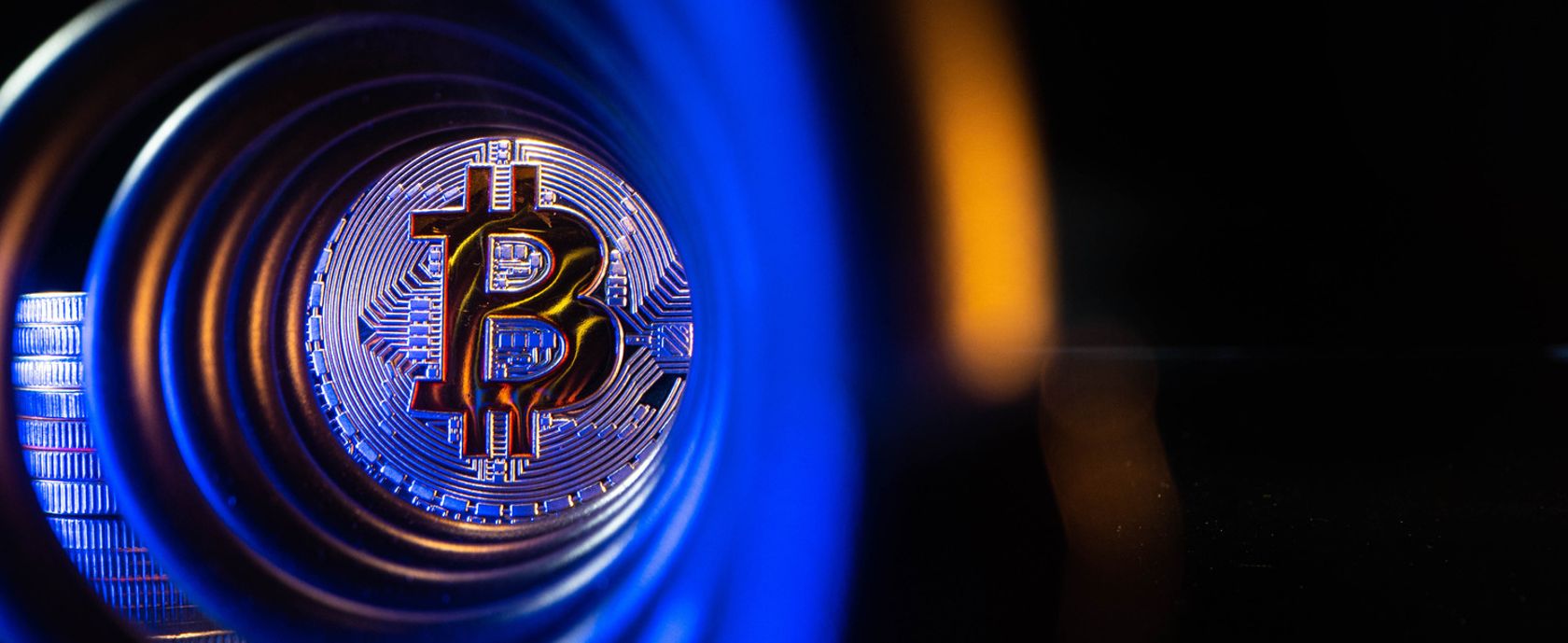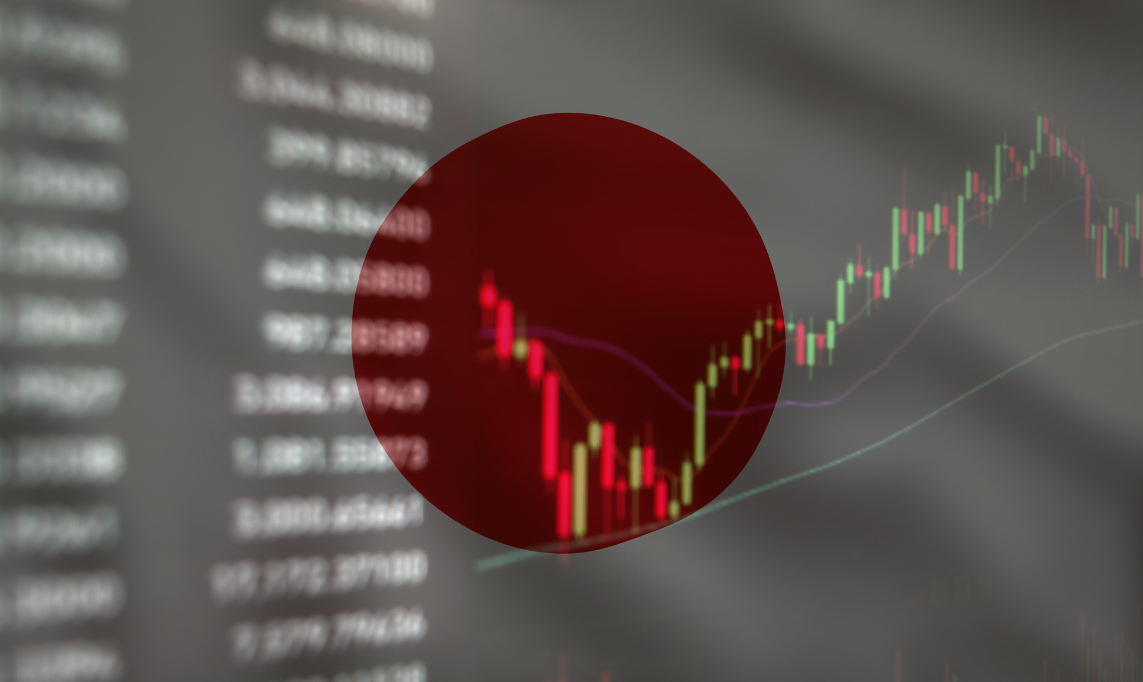Valeria Portale, director of the Blockchain & Distributed Ledger Observatory at the Politecnico di Milano, dismantles many of the clichés of those who, starting from these very events, are ready to sound the death knell for the world of cryptoassets. "In reality," says Portale, "the recent failures of exchanges have very little to do with the technology behind cryptocurrencies and nfts, which has proven to be very solid over time." Entities such as FTX and The Rock Trading are in fact intermediaries. The investigators will establish what really happened, but it is clear that the problems did not stem from the cryptocurrencies that these intermediaries traded, but from the management of their platforms and the lack of adequate safeguards for their clients.
Here then, according to Portale, two issues emerge. Firstly, the need for financial education for investors. The Blockchain & Distributed Ledger Observatory of the Politecnico di Milano has estimated that as many as 7 million Italians have approached the crypto world so far, but many of them have not become fully aware of the fact that these are investments with a non-negligible degree of risk and can therefore be very volatile in price. Consequently, it is good to follow a rule that underlies any good investment practice. That is, one should always have a well-diversified portfolio, allocating a minority portion of one's assets to crypto assets.
The second factor highlighted by Portale is the lack of adequate regulation to protect savers. In Brussels, the path in this direction has begun The Council of the European Union has in fact approved a proposal for a Regulation on cryptocurrency markets (markets in crypto-assets - MiCA), which, however, will only come into force in the next few years (probably not before 2024).
In the meantime, however, for those approaching the world of cryptocurrencies, there are some common sense rules to follow. First of all, in addition to having a diversified portfolio, it is a good idea not to leave one's money invested at exchange platforms but to have a personal wallet, a digital 'purse' with cryptocurrencies in custody, which certainly offers more guarantees. Moreover, it is a good idea to rely on qualified operators, possibly with the help of an advisor.
"Unfortunately," says Portale, "I do not think it is a positive element that banks and networks of financial advisors have so far remained distant from the world of cryptocurrencies, except for a few players that have shown themselves to be more far-sighted" (This is the case of Banca Generali with its partnership with Conio, in which it has also acquired a stake, ed.) For the director of the Blockchain & Distributed Ledger Observatory, the fact that the more traditional banking operators are keeping away from crypto assets has reinforced the perception that this world is in opposition to the traditional financial system, as an alternative form of investment, prompting many people to rely on untrustworthy players or to adhere to extravagant offers found in the boundless universe of the internet. Instead, cryptocurrencies can also find space in a well-balanced portfolio, albeit with the right weight alongside other asset classes.
 Valeria Portale, Director of the Blockchain & Distributed Ledger Observatory of the Politecnico di Milano
Valeria Portale, Director of the Blockchain & Distributed Ledger Observatory of the Politecnico di Milano



